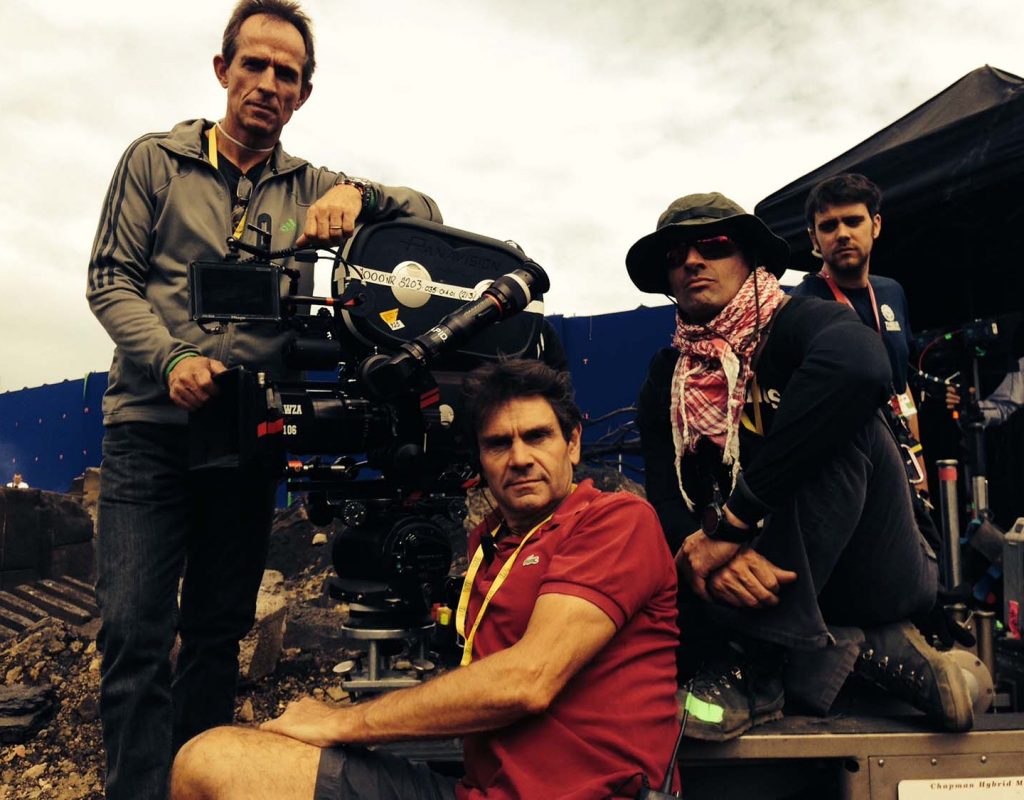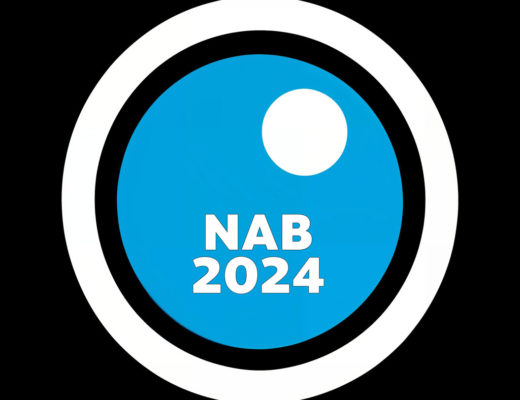King’s College London’s Centre for Computing in the Humanities and the Centre for e-Research are offering anMA in Digital Asset Management(Thanks toThe Stoa Consortium.)
Within the cultural heritage sector, digital collections have grown through the digitisation of existing cultural artifacts, the creation or archiving of new (‘born digital’) resources so that the management of these digital assets is now a significant activity. In government, both local and central, and in commerce and industry, more and more of the information created in the normal course of activity is in electronic form, whether as web publications, images, databases, GIS files, data sets, email, or documents in word-processed, spreadsheet or PDF formats. All these digital assets have value and utility because of their host organizations, but many of these values and uses are not realized due to a lack of experienced, skilled and qualified staff tasked with their management and curation.
This subject area is already of major importance across the cultural heritage sector and beyond; there are very few institutions of any size and in any area of activity that do not create, and depend on the management, exploitation and long-term preservation of digital assets. There are important considerations of curatorial and technical standards that arise throughout the ‘digital resource life-cycle’, from creation through management, access and dissemination to long-term preservation. These considerations and this life-cycle are the core subject matter of the MA programme in Digital Asset Management. We want students to acquire a great deal of practical knowledge, but even more we want them to develop their critical and reflective capacities, and to acquire an understanding of the inter-dependence between the developments in digital scholarship, technology and curatorial practice.
The optional work placement module is seen as an important part of the programme as it complements the theoretical and historical approaches taken in the compulsory and other supporting modules. It allows students to observe and analyse first-hand an organisation in the cultural heritage sector while gaining work experience and developing transferable skills. Where relevant the work placement may also feed into dissertation research, possibly with the host organisation serving as a case study.
The programme culminates in a dissertation project involving the application of computing in a discipline area in which the student has appropriate intellectual training – either the subject area of a previous academic qualification or through professional experience gained through employment.
|
|

Filmtools
Filmmakers go-to destination for pre-production, production & post production equipment!
Shop Now
![King's College London Offers MA in Digital Asset Management 3 Reblog this post [with Zemanta]](http://img.zemanta.com/reblog_e.png?x-id=1666c72e-0c5b-457c-bac9-456652a98234)













